I Quit Coffee for 30 Days and Experienced 4 Surprising Health Benefits

Coffee is a beloved staple in households worldwide, often the first beverage people reach for in the morning. For some, its rich taste and comforting aroma are grounding, while others rely on its caffeine boost to kickstart their day. According to a Drive Research report, 73% of Americans drink coffee daily, and for many, a morning without it feels incomplete. Coffee has well-documented health benefits, too—John Hopkins Medicine notes that regular coffee drinkers may enjoy longer lives, better blood sugar control, and lower risks of Parkinson’s disease and colon cancer. Yet, coffee also has its downsides, including sleep disturbances, headaches, and increased anxiety. Best Life spoke with individuals who quit coffee for a month to discover what surprised them most about their coffee-free journey.
RELATED: I Quit These 6 Things to Simplify My Life.
Didn’t Want to Rely on Coffee
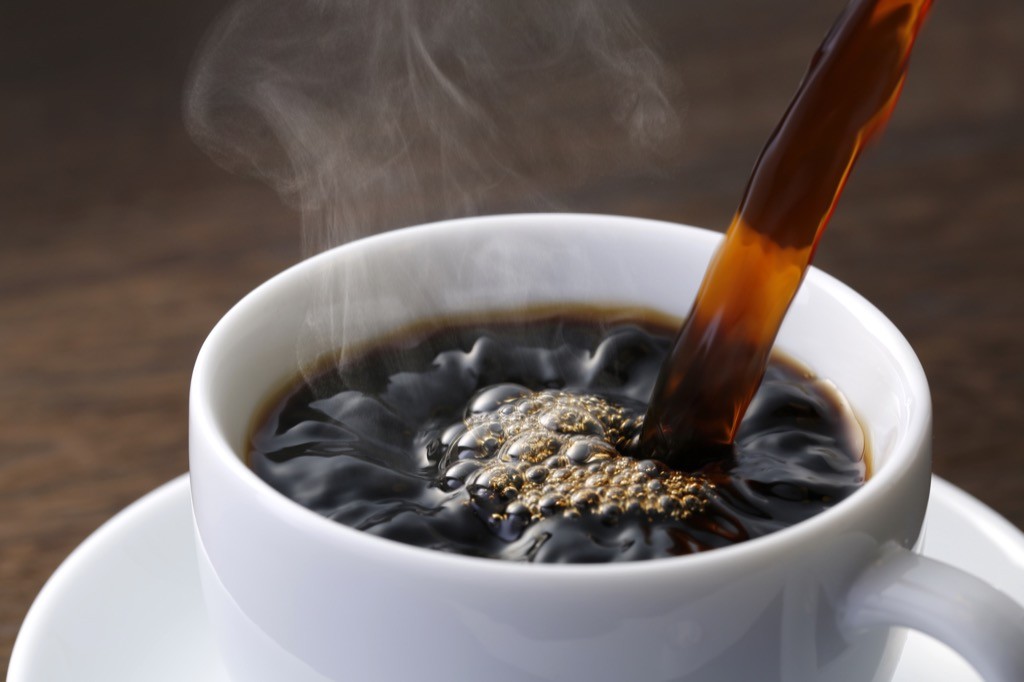
Coffee can be addictive for many, and Shawn Plummer, a retirement planner and CEO of The Annuity Expert, decided he didn’t want to depend on it to get through the day. To see if his focus and productivity would improve without it, he cut out coffee for a month, curious to find out if caffeine was affecting his daily performance.
“Running a business requires being sharp, and I was curious if coffee was helping or hindering me,” he tells us. “I didn’t want to rely on coffee for energy, and I was curious about the long-term impact of caffeine on my concentration. I typically drank two cups in the morning, but by early afternoon, I often felt like I needed a pick-me-up.”
Coffee Was Causing Tummy Troubles
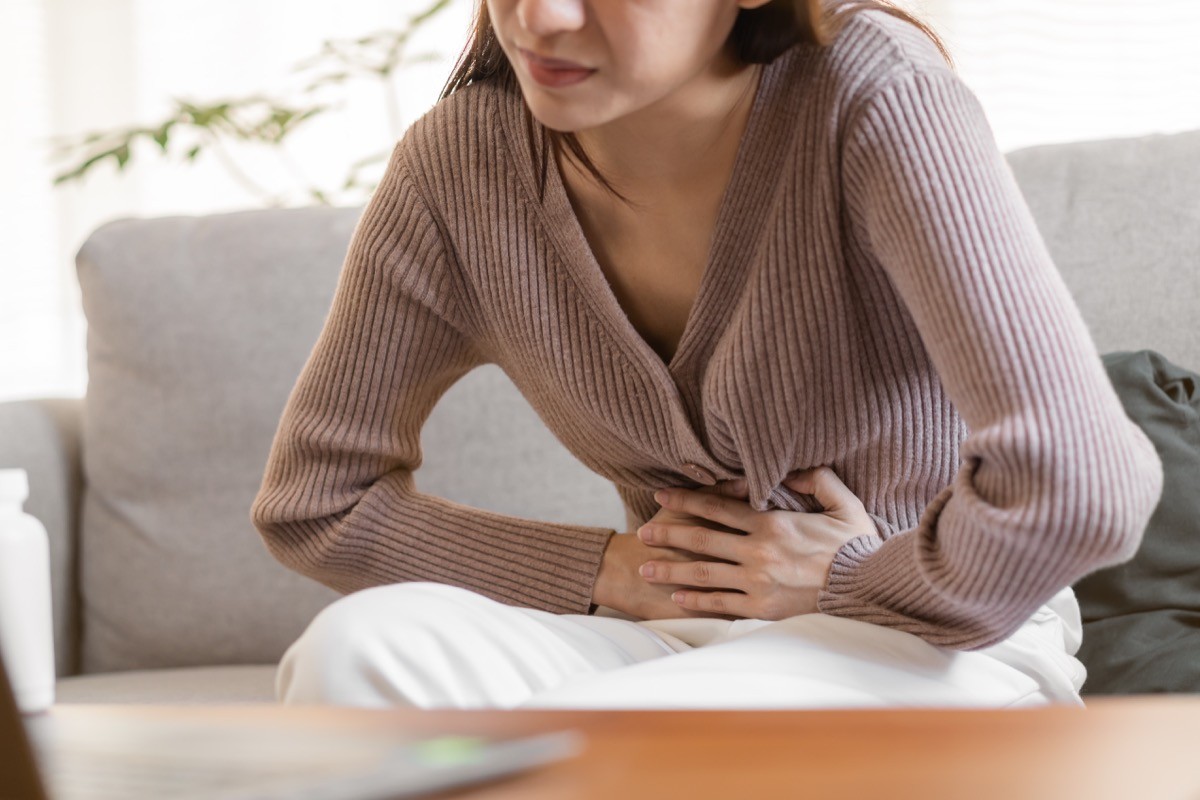
Carole Podell, a podcast host, storyteller, and life transition strategist, decided to stop drinking coffee after it began affecting her health. “I’ve been a coffee drinker since I was 13,” she says. “I love the taste and the smell as much as the feeling. But it started not agreeing with me in the morning and making me feel very sick—to my stomach and way too.”
Giving Up Coffee Wasn’t Easy
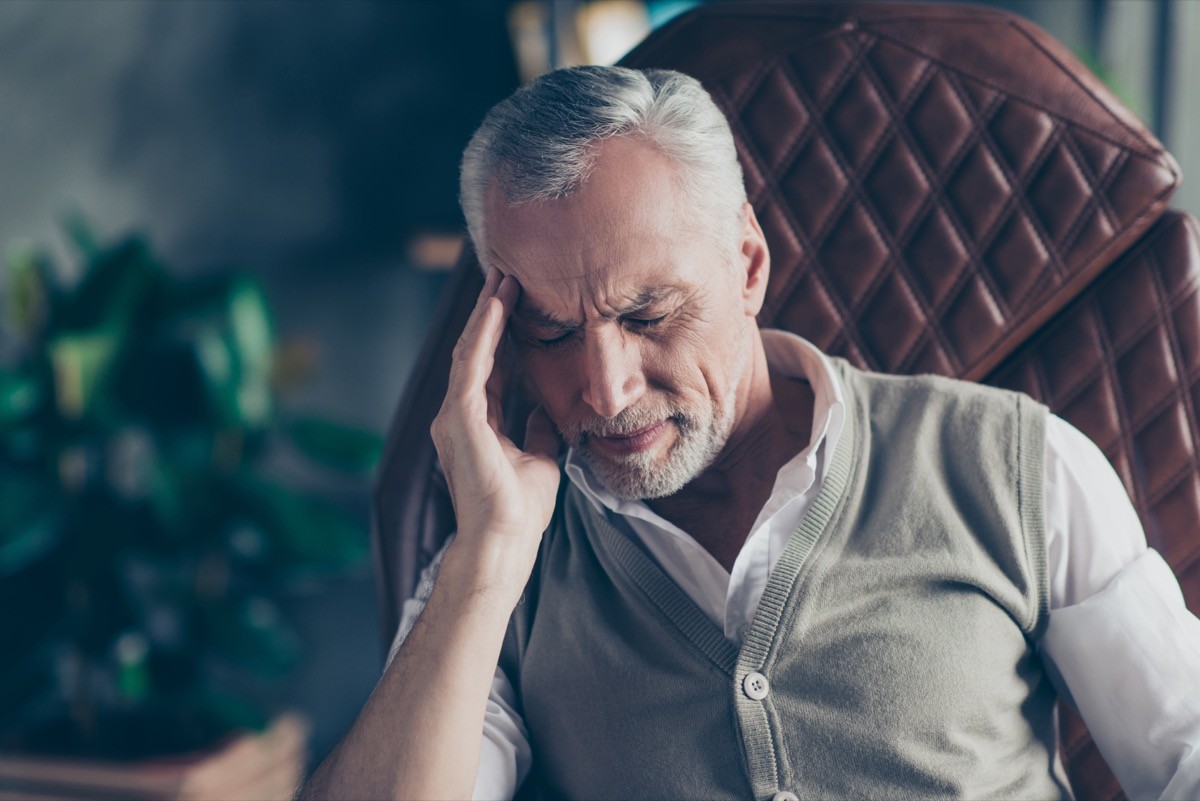
For many, coffee quickly becomes a daily crutch, making it challenging to quit without experiencing side effects. Paul DeMott, Chief Technology Officer at Helium SEO, found that going cold turkey presented unexpected challenges. “The first few days were the hardest because the headaches were real, and there’s no denying that without that morning cup, I felt more sluggish than usual,” he says. “But what really caught me off guard was how much of a mental game it was.” DeMott realized that coffee was woven into his entire daily routine. “I realized how much of my daily routine revolved around coffee—making it, sipping it during meetings, or grabbing one when I needed to focus. It wasn’t just the caffeine withdrawal; it was the entire ritual I had to adjust to.”
Energy Returned
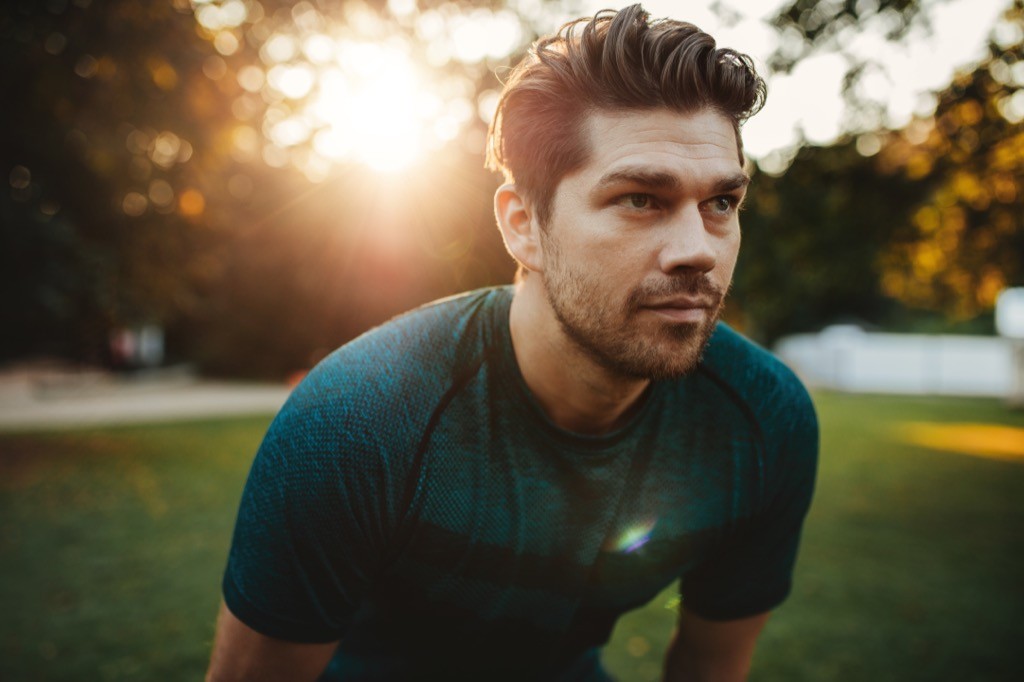
Just days after eliminating coffee from his routine, Plummer began to notice a shift. “What surprised me most was how quickly my natural energy returned,” he says. “Within a week, I observed more consistent focus throughout the day, without the mid-afternoon dip I’d gotten used to. It wasn’t just about feeling awake; it was about feeling steady. I didn’t miss the highs and lows that coffee gave me.”
Better Sleep
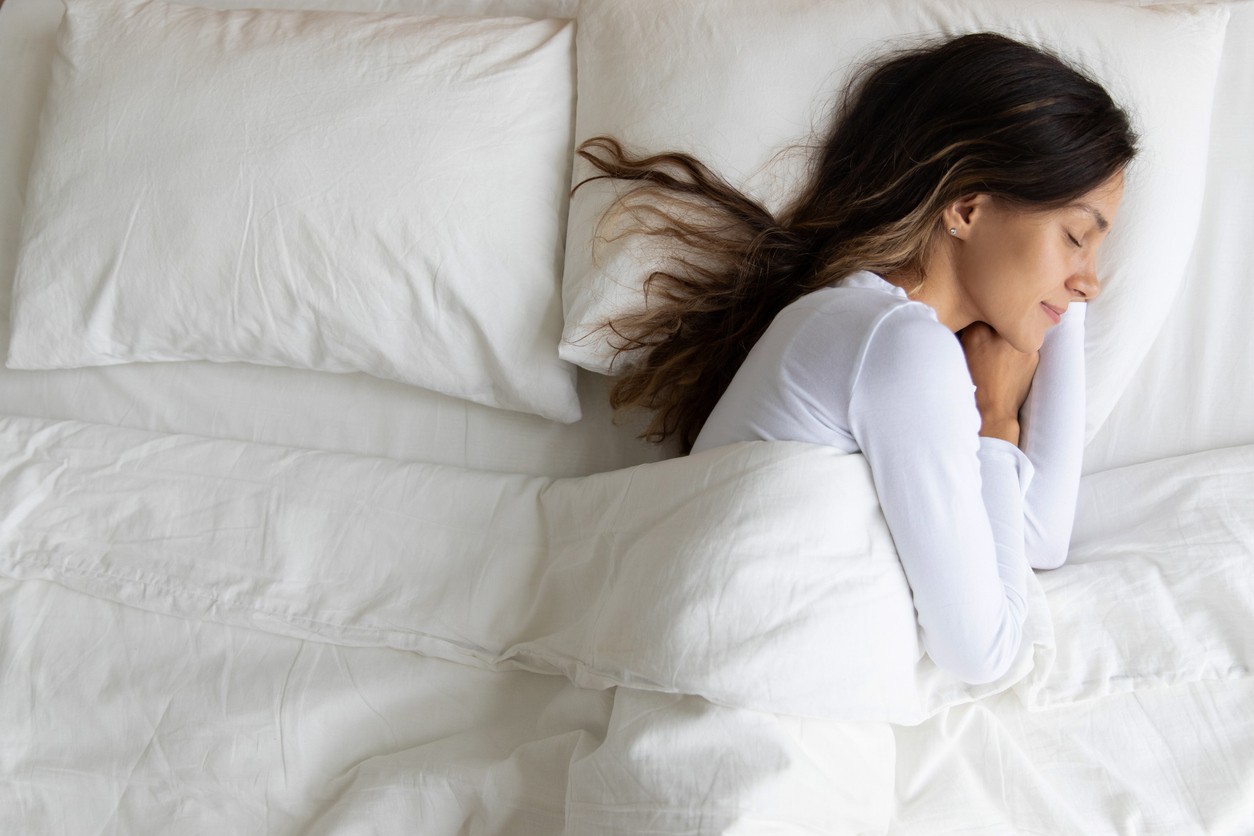
DeMott also noticed a shift in his energy levels after quitting coffee. “Instead of the peaks and crashes that came with coffee, my energy felt more stable throughout the day,” he says. “I was more aware of my natural energy rhythms and became better at managing tasks when I felt most alert.”
Another significant improvement was his sleep routine. “My sleep improved too, like falling asleep was easier, and I felt more rested when I woke up.”
No More Mood Swings
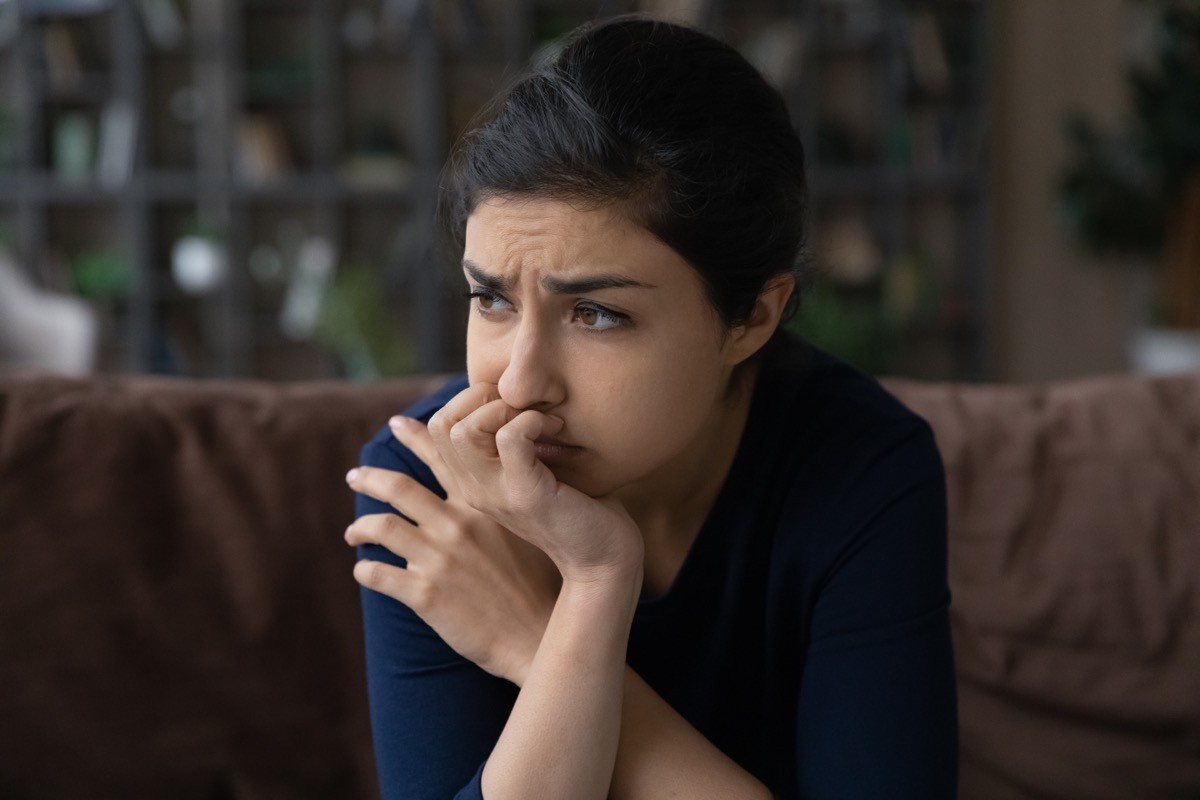
Research suggests that coffee can lead to mood swings, heightened anxiety, and nervousness—factors that motivated Nora Sudduth, Founder & Owner of Nora Sudduth Consulting, to give up coffee for 30 days. “One of the biggest surprises was how even my mood became,” she says. “I observed that I was calmer in meetings and less likely to react emotionally during hectic days. The subtle stress relief I gained by not chasing that next cup made my days flow better. I would say my overall focus improved by 15-20%, particularly in the afternoons.”
Switched to Tea
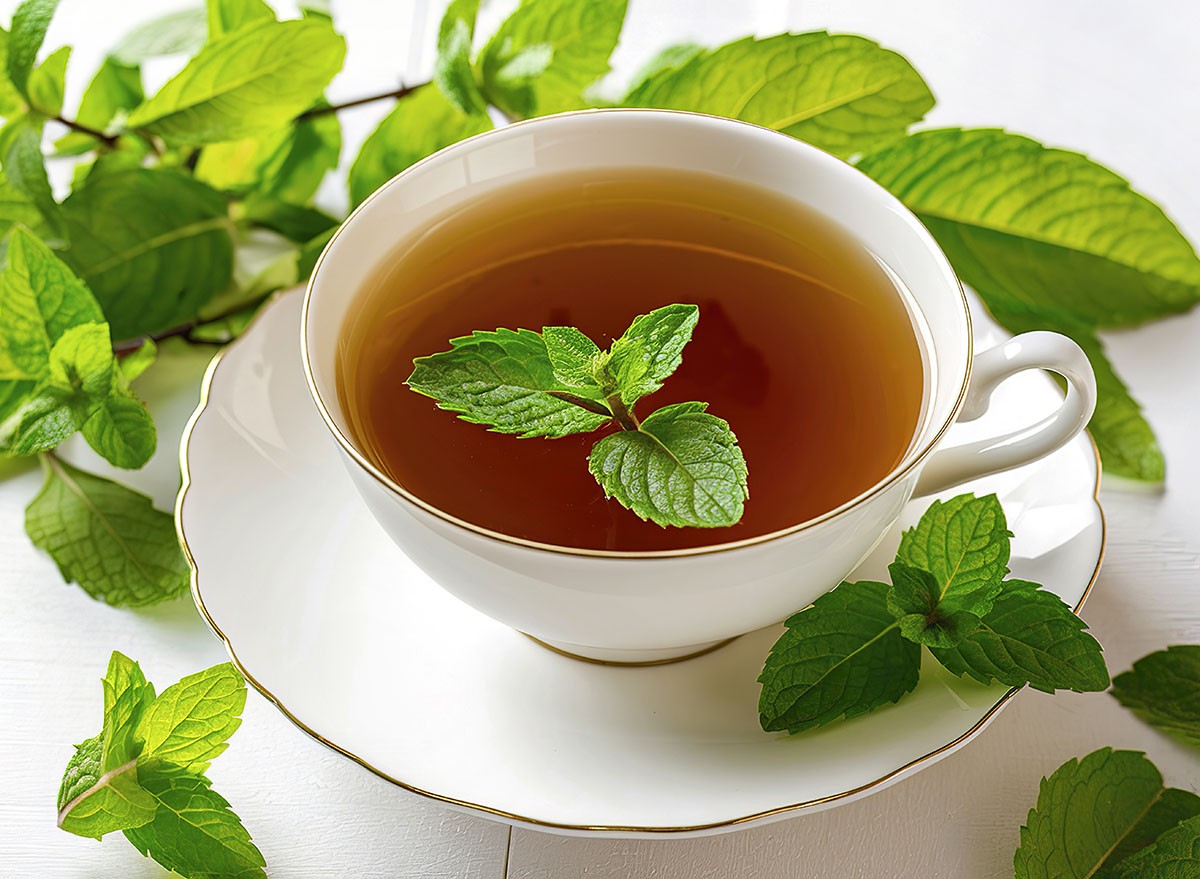
To help ease her transition away from coffee, Podell adopted tea as her new morning ritual. “I tried several kinds of teas,” she says. “I’ve tried mud water before as well. It was staining my teeth and not a long-term solution. I now have Irish breakfast tea with a heavy dose of soy milk. Sometimes a teaspoon of monk fruit to give it that extra.”
Podell also discovered an unexpected benefit. “The upside of this is that I can get decaf Irish breakfast as well. Strangely enough, when I’ve tried to quit coffee before, I’ve gotten a terrible headache and withdrawal for at least a week or two, but this time it was easy. For the most part.”
Replacing the Coffee Ritual with Healthy Habits
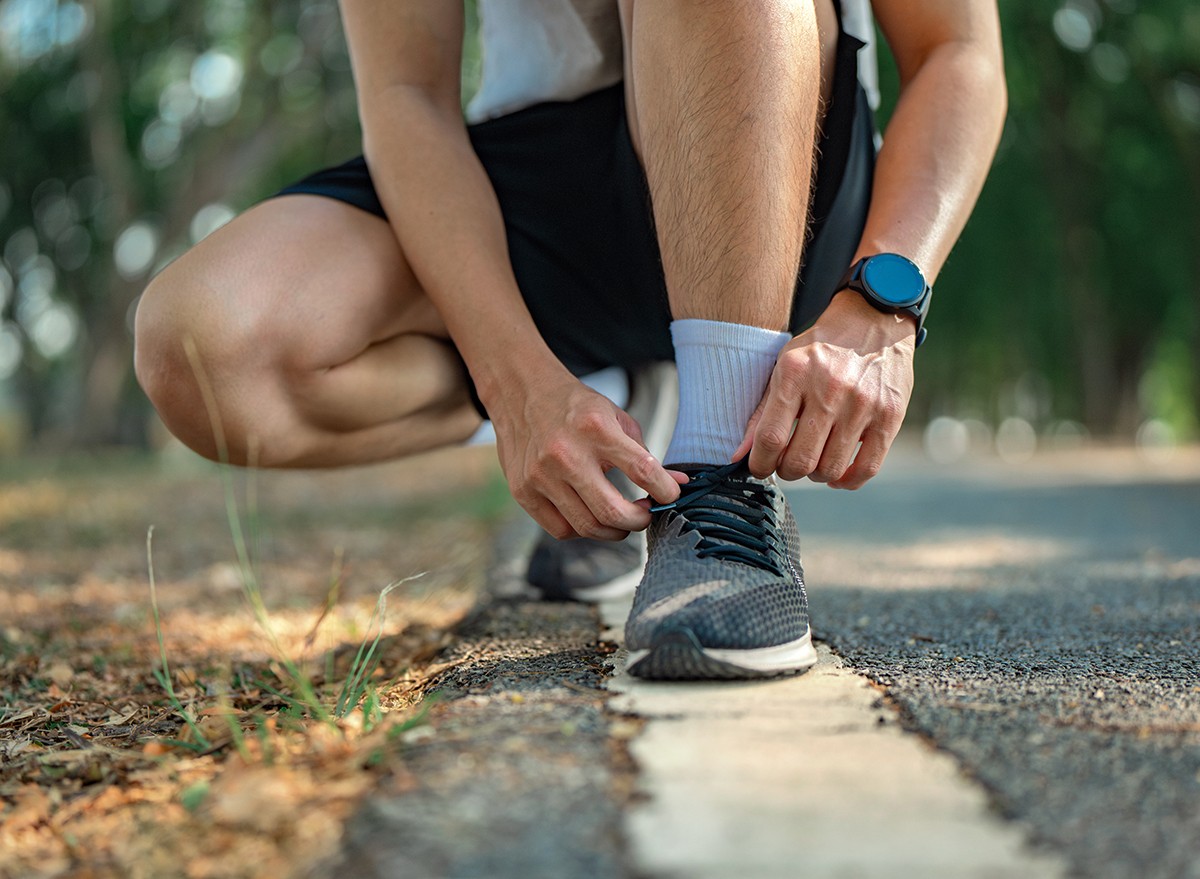
Giving up coffee can be tough, especially since it’s easy to get hooked on caffeine, and coffee often serves as both a social experience and daily ritual. However, many found that replacing coffee with a healthier habit made the transition easier.
“Replacing coffee with water and a short walk was key,” says Plummer. “Instead of going for a cup at 2 p.m., I went for a 10-minute walk, which surprisingly helped boost my energy and clear my mind.” He adds, “The ritual helped, too—it was less about the caffeine and more about resetting my mindset for the afternoon.”
Jeffrey Zhou, CEO and Founder of Fig Loans, also valued his morning coffee ritual but opted for protein shakes and journaling to ease the transition. “The protein shake, which I blend with almond milk and a handful of spinach, gives me sustained energy without the caffeine high,” he explains. “I observed an increase in my morning productivity—fewer crashes and greater focus. Even five minutes of journaling helped me record thoughts and jot down priorities. It became the mental counterpart of the ‘pause’ that coffee provided for me.”
Zhou adds, “Over time, I found that I didn’t miss coffee much. The shake provided a constant energy boost, and journaling helped me start my day more thoughtfully. This combo was surprisingly calming and energizing all at once, and I still use it regularly.”
Thinking of Giving Up Coffee?
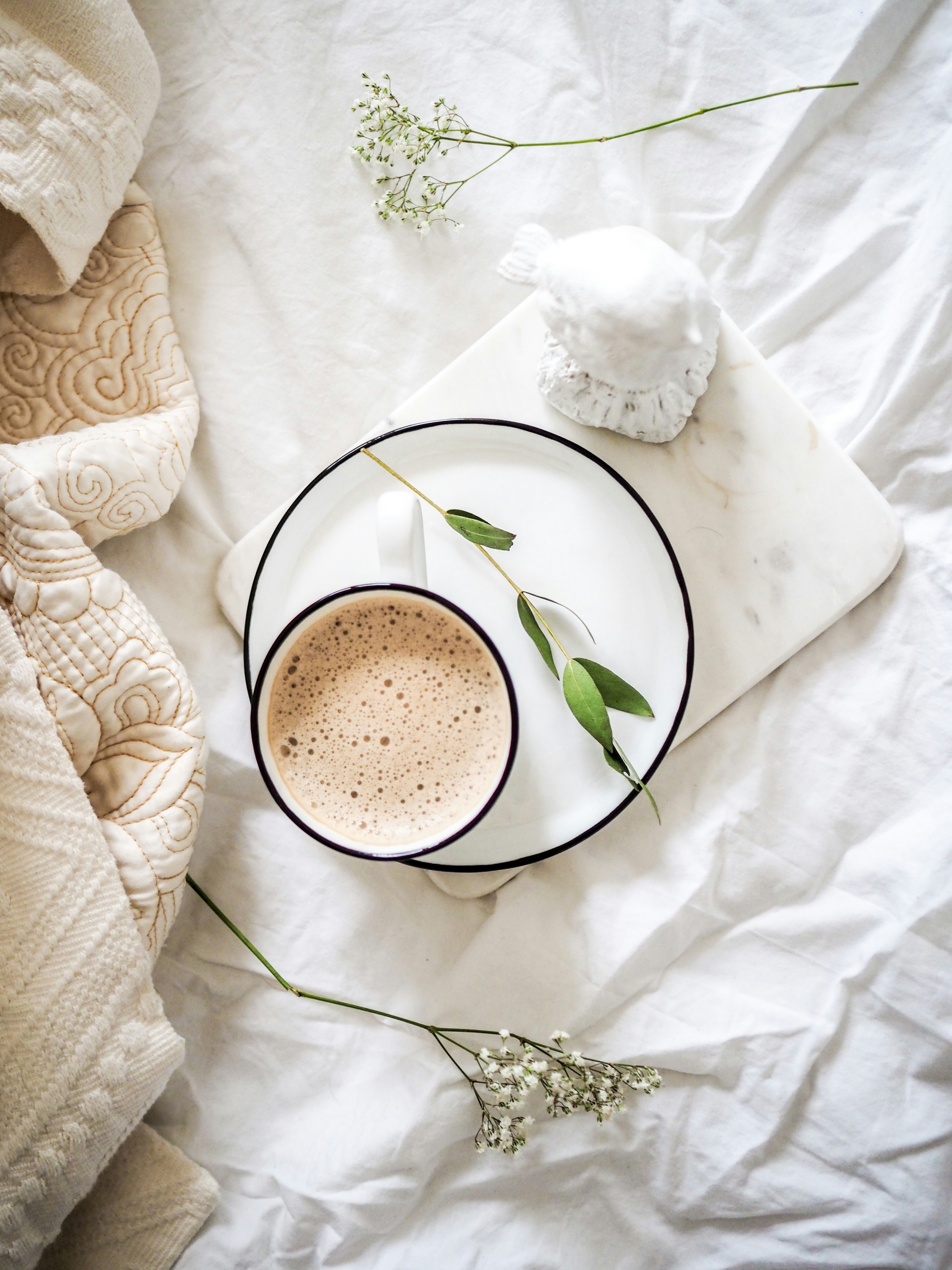
Thinking about giving up coffee? Whether you’re ready to break the habit or just looking to reduce your intake, there are ways to make the switch smoother and still keep coffee in your life responsibly. Start by replacing your morning coffee with a tea, protein shake, or short walk to see how your energy levels respond—small changes can make a big difference. But if you’re not ready to give up coffee entirely, enjoying it in moderation can also be a healthy choice. Studies show that coffee can boost focus, improve metabolism, and even lower risks for certain diseases. To enjoy its benefits, aim to limit your intake to one or two cups per day, avoid drinking it late in the day to prevent sleep disruption, and skip the added sugars or syrups when possible. Whether you’re ready for a coffee-free month or just a bit of balance, taking a mindful approach can help you enjoy all the perks without the pitfalls.